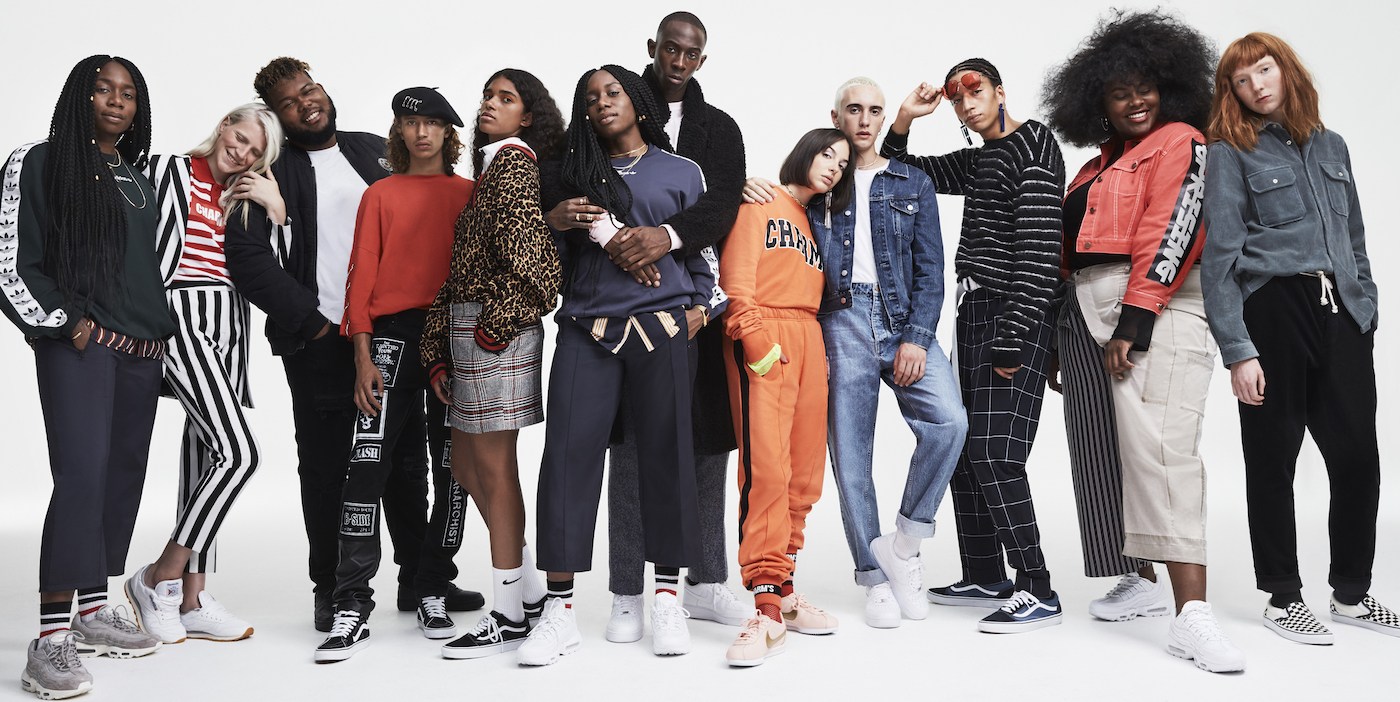Think about how often you make an ASOS order. Have you ever considered what the environmental impact of those purchases might be? In recent years there has been an increase in the awareness of sustainability in fashion, as the polluting effects of fast fashion have become clearer and clearer.
However, this has not stopped or slowed down the pace with which students especially seem to buy clothes. An Oxfam report concluded that the textiles industry was more polluting than aviation and the shipping industry combined, and in 2016, 1,130,000 tonnes of clothing was purchased in the UK. Much of this will have been made unsustainably but, crucially, a large proportion will end in landfill after only a few wears.
We are all guilty of fuelling this industry. It can be hard to resist making snap-purchases when browsing on the internet or walking through the shops. However, this throwaway culture is slowly destroying our planet. But are the shoppers the only ones to blame?
The rise of social media influencers has led to many seismic changes in our society, but one of the most damaging changes is how they perpetuate this throw-away culture and fuel fast fashion. Not all influencers are guilty of this. Some do promote sustainable brands and a sustainable lifestyle, but many others do not abide by this.
Love Island star Molly-Mae Hague recently announced a partnership and new range with fast-fashion brand Pretty Little Thing. With 3.2 million Instagram followers, Molly-Mae’s new range is surely going to encourage people to buy cheap, unsustainable clothes they would not have otherwise bought.
People feel they need to keep up with the trends shown by influencers, however, it should not be at the expense of our planet. Brands like Pretty Little Thing can see the power of these influencers, which leads to more clothes being produced at cheap prices, giving little thought to the long-term consequences.
Not only do influencers lead people to buy more clothes, but it may also result in limited clothing use. People may feel pressured not to repeat outfits often. We need to stop buying clothes just because we see someone wearing on Instagram – we need to ask ourselves: “Do you actually need that extra dress?”
Influencers are not solely to blame though; you could argue they are just trying to make a living. The people who bear a great amount of responsibility are the brands and companies.
You cannot go on Instagram or Facebook without seeing multiple adverts for cheap clothes or sales. These adverts are tailored to what you have been looking at, urging you to return to the website to purchase the top you had previously decided against. Once again, this is perpetuating a throw-away and consumerist culture which is damaging our planet.
However, it isn’t all bad; there do appear to be changes taking place in the fashion industry. For example, H&M has a large conscious range, which uses recycled, organic and sustainable materials. Similarly, Zara have committed to ensuring that all their clothes are made out of 100% sustainable fabrics by 2025.
Things do seem to be changing, but to really make a difference we need to change our shopping habits. According to an Oxfam report, three out of ten people would not change their fashion habits despite knowing the environmental impact.
It is hard to know how to live more sustainably but even a few simple changes can make a lot of difference. It is difficult while at university to not be tempted to keep buying clothes. Why not try buying second hand or vintage?
By taking an extra minute to think about whether you need to make a purchase you will be one step closer to breaking the fast fashion cycle.
Image credit: digiday.com

